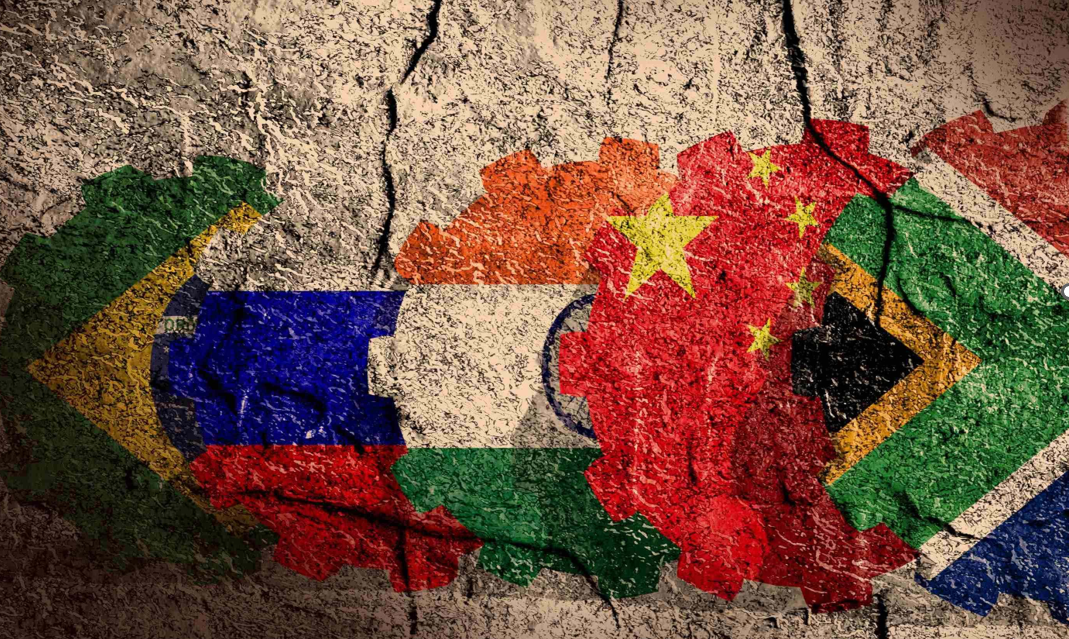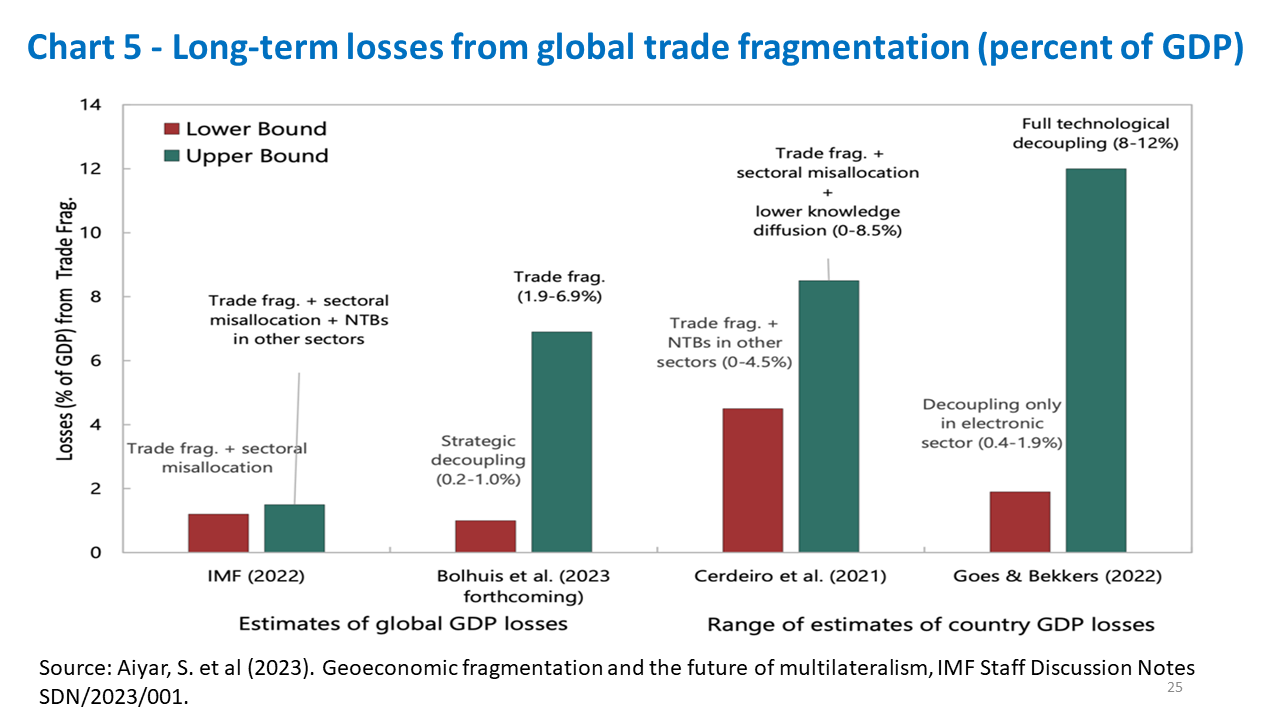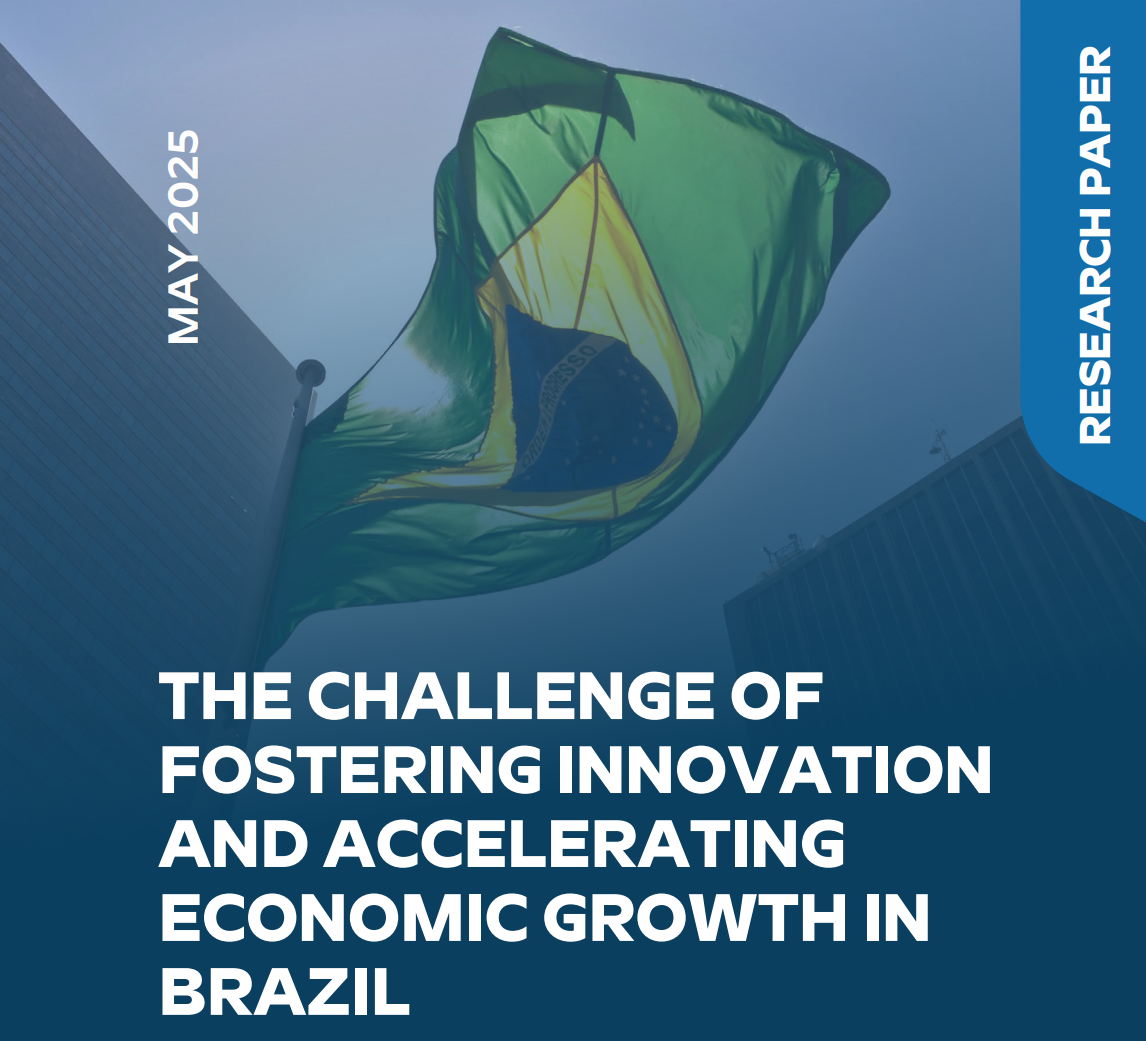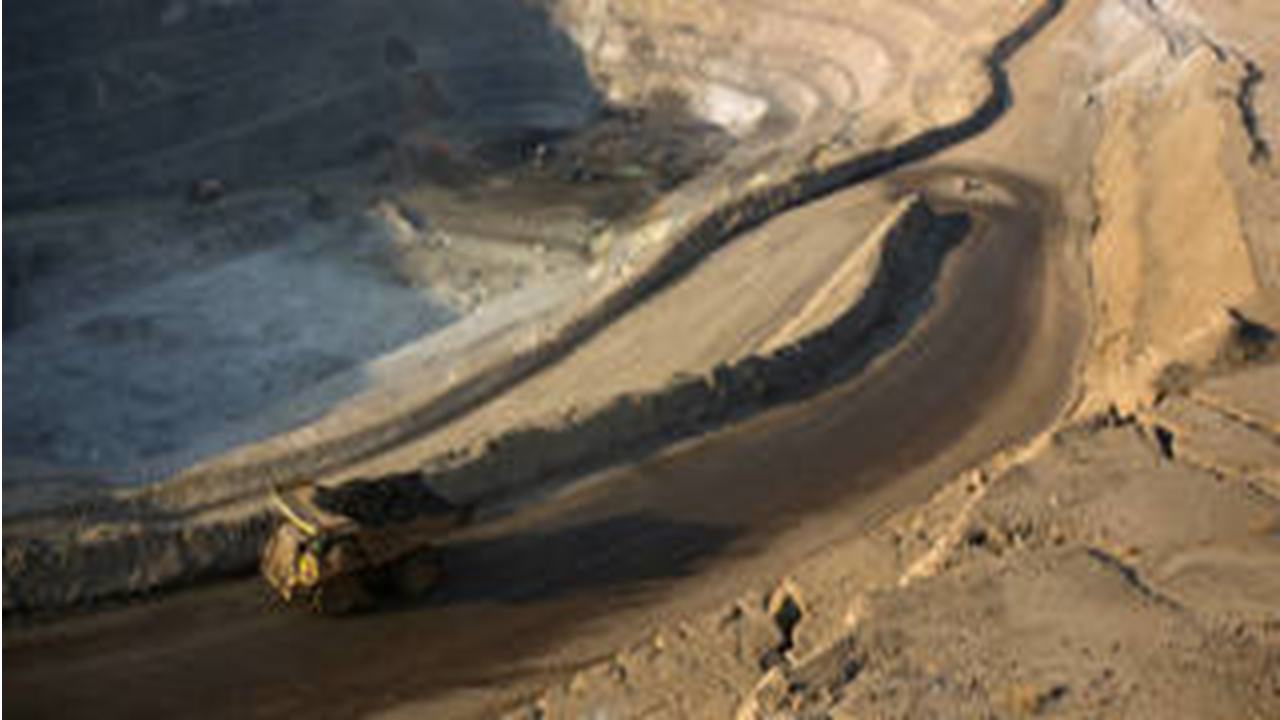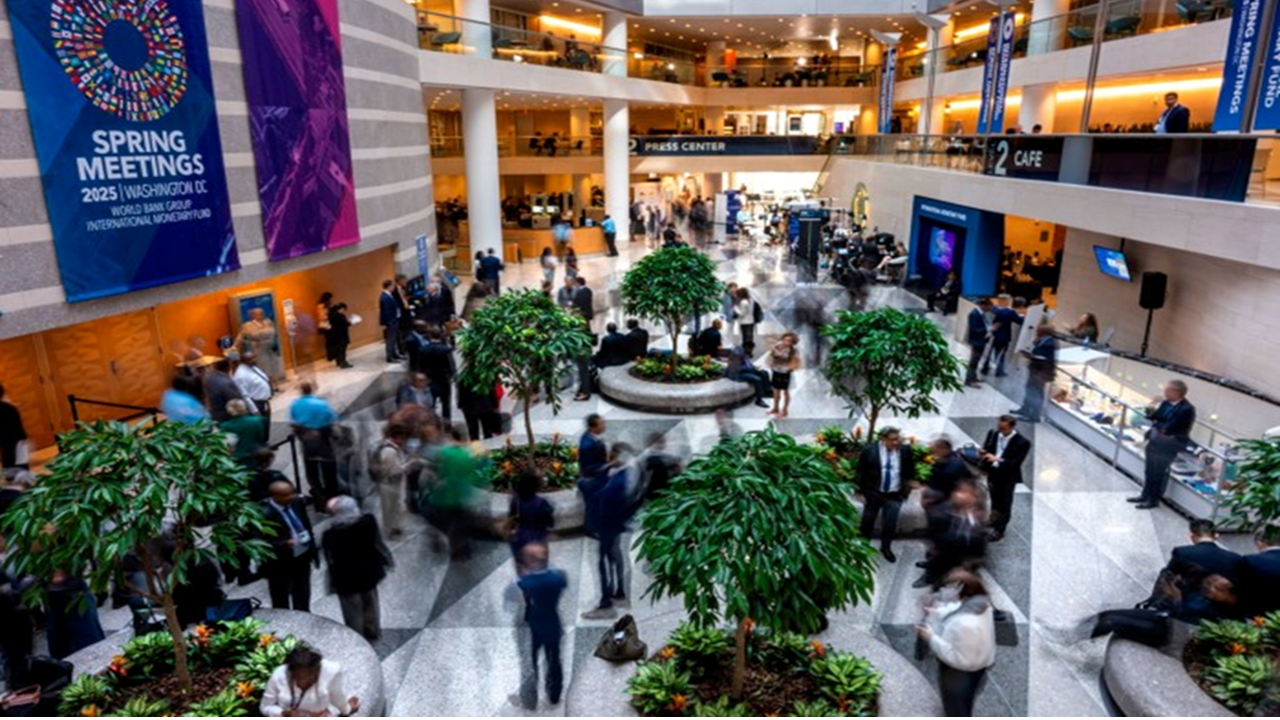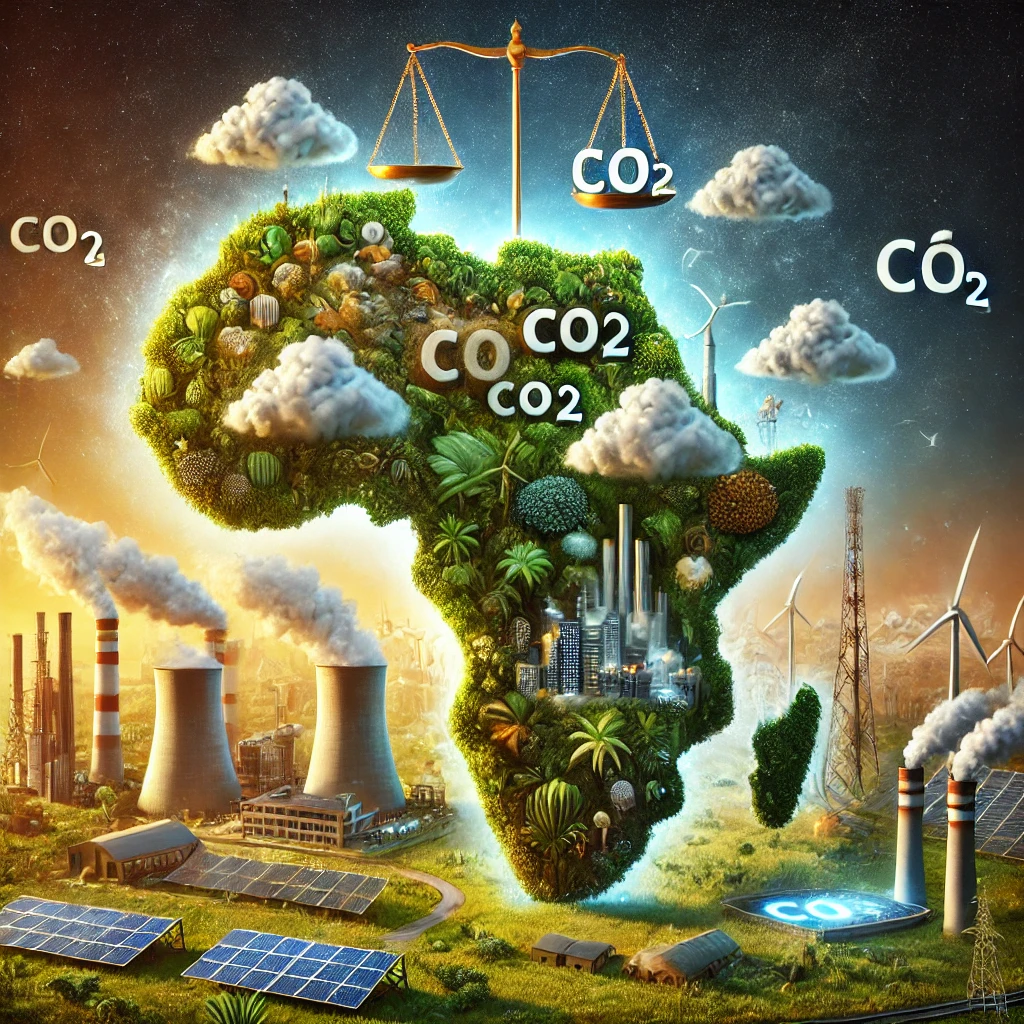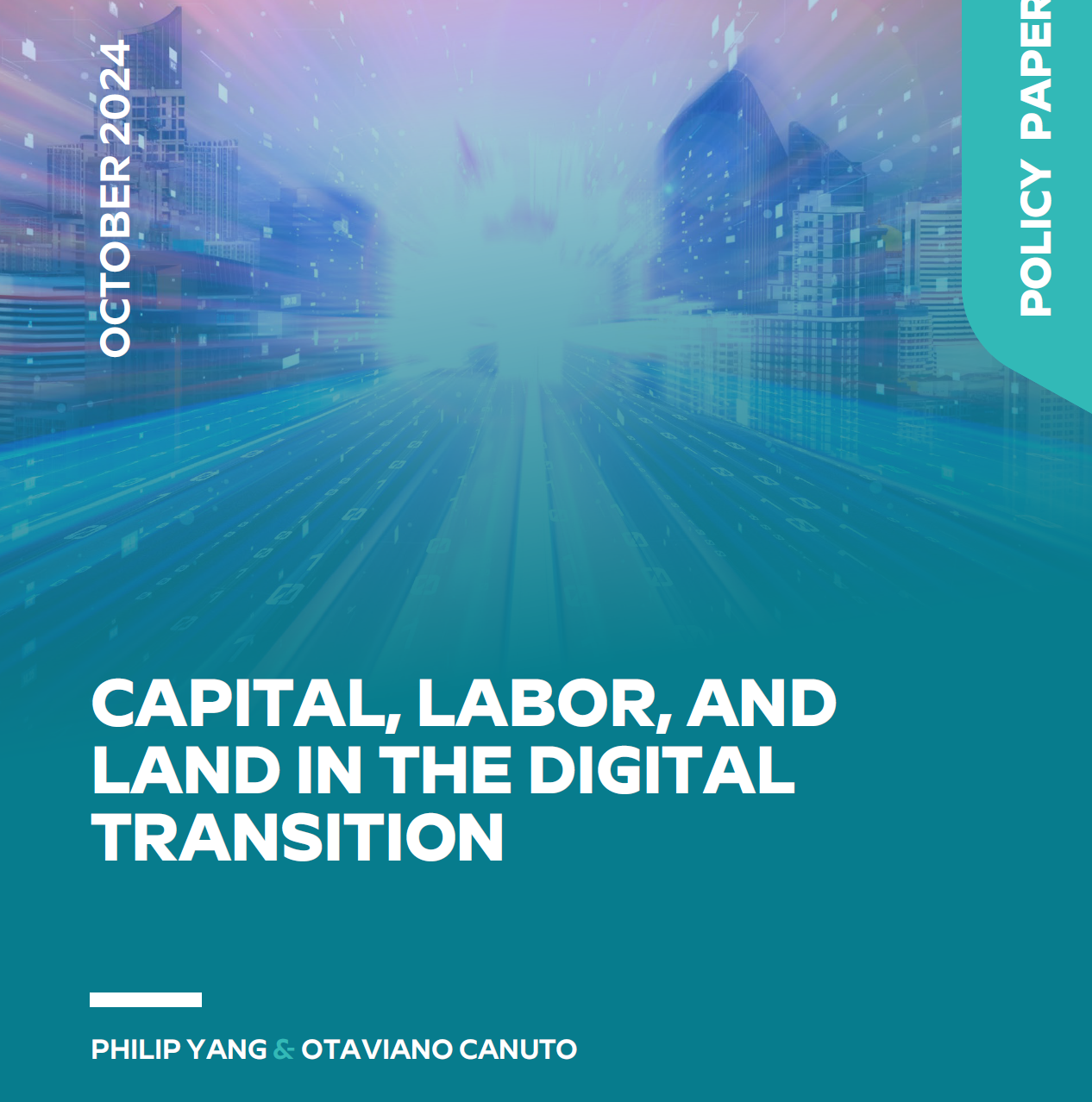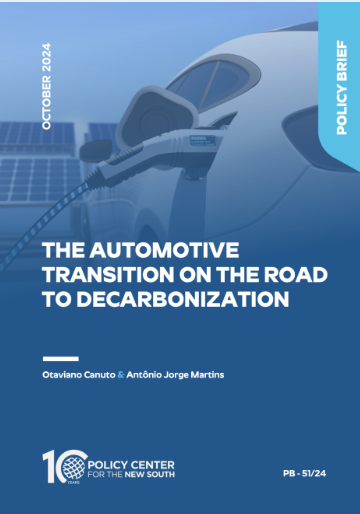From Bretton Woods to Braided Path: Navigating MDB Dynamics Amid Global Shifts
Within an ever-evolving system of multilateral development banks (MDB) currently reshaped by four structural geo-economic trends, the emergence of new MDBs like the Asian Infrastructure Investment Bank (AIIB) and the New Development Bank (NDB) carries great geopolitical significance. Yet the new MDBs, attuned to institutional and operational realities, have not upended the MDB system. Their relationship with long-established MDBs such as the World Bank currently resembles not a fork in the road, but a braided path–marked by both convergence and divergence, cooperation and manageable competition.



